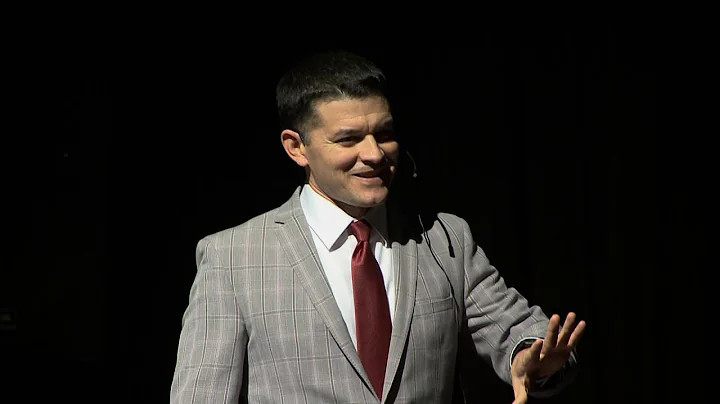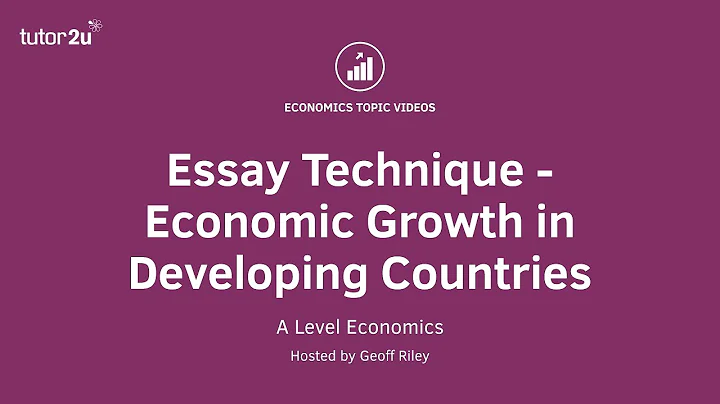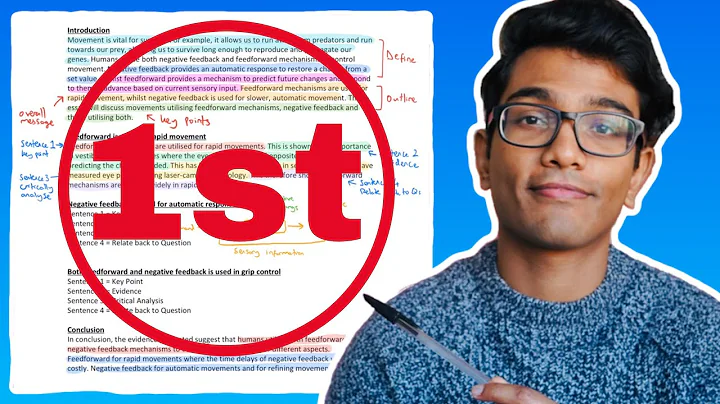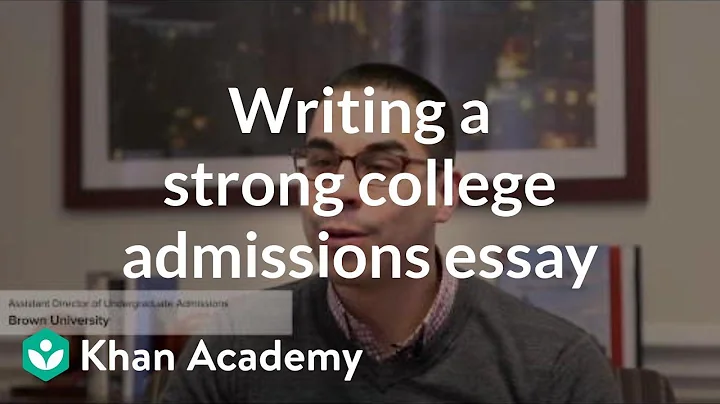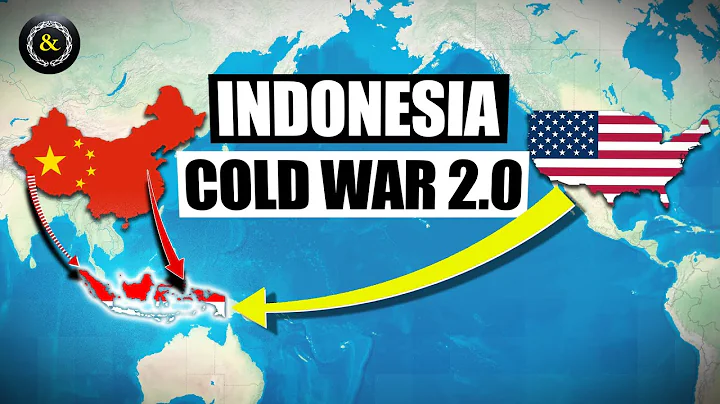Nowadays, writing essays for college students in developed countries has become a highly profitable industry in many developing countries. It’s time to pay tuition again, and the rent is about to expire. For Mary Mbugua, who is still at university, this meant she had to find a job as soon as possible. She tried selling insurance, but the only income from this business was commission, and she didn't sell a single sale. Then, she found a job as a hotel receptionist. Unexpectedly, the hotel soon encountered financial crisis again. After a lot of trouble, a friend introduced Mbugua to a job called "academic writing", which uses the Internet to write assignments for college students in the United States, Britain and Australia. Although the reward is generous, Mbugua is still a little entangled. "I feel like I am helping others cheat," she said, "but what else can I do? I want to make money and survive." Essay writing industry in developing countries Essay writing business more than ten years ago It already exists, but the Internet has upgraded this supply and demand relationship into a multinational industry. Through websites such as Ace-MyHomework or EssayShark, writers from developing countries can complete class assignments for American students online. In recent years, websites offering such services have become more sophisticated, offering customer service hotlines and money-back guarantees. The demand for buying papers also grew, and it gradually developed into a hugely profitable industry. This trade generates millions of ghostwritten essays every year. For essay writers, this provides them with a reliable income guarantee, and they can even turn ghostwriting into a full-time job. Ghostwriting services are particularly concentrated in developing countries such as Kenya, India and Ukraine. There are many English-speaking students here, the network infrastructure is guaranteed, and there is a serious shortage of employment opportunities. In Kenya, a Facebook group that gathers academic paper writers now has more than 50,000 members. After a month of training, Mbugua began writing papers for others. She has written papers on topics ranging from whether space should be colonized to the discussion of euthanasia. Mbugua carries a notebook with her and writes down words and syntax she sees in movies and novels to improve her writing. She was paid $4 per page. When the results are good, she can earn 320 US dollars a month, which is undoubtedly a huge sum of money for a Kenyan student. Mbugua is 28 years old. When her mother passed away from diabetes in 2001, she was just in the second grade. She once vowed to study hard and raise her younger siblings in the future. Despite government loans and help from family and friends, Mbugua still had to work and study. She said that she loves learning and often dreams that she is the student studying in an American university who asks her to write papers for her. Once, she was tasked with writing admissions essays for students applying to the Broad School of Business at Michigan State University, her dream school. Later, Mbugua decided to work for himself and bought an account from a well-known writer on the UvoCorp website. But the website banned such transfers and banned her account. Mbugua seems to have reached a crossroads in his life again, not knowing what to do next. After graduating from college in 2018, she submitted many resumes and now works as a kitchen supplies salesperson. Ghostwriting essays is wrong after all. "I've always felt guilty about this," Mbugua said. "People always say that education in Britain and the United States is top-notch, but I don't think the students there are better than us." After a slight pause, she added: "Us and them I studied the same and completed the homework required by the school." "Contract Cheating" in Colleges 28-year-old Roy Norris Ndiritu is a graduate of civil engineering. He loved his major, but after failing to apply for jobs many times, he had to start writing papers for others full-time.He said that the per capita annual income in Kenya is only US$1,700, but if a professional writer does a good job, he can earn US$2,000 a month. Right now, he makes enough money to buy a car and a piece of land. It's difficult to tell how many people use essay writing sites (what colleges call "contract cheating"). In 2005, a report focusing on North American students showed that 7% of undergraduates admitted to submitting essays written by others, and 3% admitted to using professional ghostwriting agencies, the so-called "essay mills". "The situation is quite serious," said Tricia Galante, director of the Office of Academic Integrity at the University of California, San Diego. "If effective measures are not taken to control it, the university will become a diploma manufacturing factory." Galante is also the American International Academic Board member of the Center for Integrity. In her view, when ghostwriting websites first emerged more than ten years ago, they were usually covered up under the more obscure names of "academic tutoring" and "assistant revision"; now, essay ghostwriting has long been a high-profile, A completely open industry. "Our expert writers can provide you with high-quality original papers, allowing you to have more time to enjoy college life." The slogan of the Academyized website says. Normally, papers that need to be submitted within two weeks cost $15 per page, and urgent papers that need to be submitted within three hours cost up to $42. "No matter what kind of academic paper you need, we are a convenient, reliable and cost-effective choice," this is the promise of the EssayShark website. "Why not save yourself some time?" Kenyan college student Mbugua relies on ghostwriting Papers make money. "Essay Factory" Survey Ghostwriting services usually include subject assignments and open-book examination papers, which are directly linked to classmate scores. International students are often key customers. Academic software can detect plagiarism, but it cannot detect custom-written essays. In order to conduct an in-depth investigation into the operation mode of the "essay factory", a reporter from the " Financial Times " pretended to be a student at Cambridge University and purchased ghostwriting services from three essay websites. The demand was for a paper briefly introducing the history of British education. . Peter Mandler, professor of the history of education at Cambridge University, agreed to grade the three essays. The first website is Peachy Essay. A senior official from the Higher Education Quality Assurance Agency described the site as "one of the largest 'essay mills'". Peachy Essay's ownership and staffing are unknown. The website claims to be founded by University College London students, but it is registered in Wyoming, USA. reporters contacted a website employee who called himself "Kevin", but he refused to answer questions about his identity and the company's organizational structure. Online information shows that this employee opened personal homepages on multiple websites in the name of "Kevin McCabe." In his profile, he says he is a "senior academic writer, thesis/research report consultant, university lecturer, blogger, currently living in London." Information on the LinkedIn website also mentions that he received a "Ph.D. in business, management, and marketing" from Oxford University . Regarding the information on the page, Kevin said he had no comment and told reporters not to contact him again. Kevin's profile picture is a photo of Irish writer Dominic Hough. In response, Hof said the photo was used without permission and said it would take necessary measures to request the website to remove it. "I am a history teacher in County Clare and have never been involved in any 'essay factory' business." He said. During the communication process, Peachy Essay informed reporters that the paper will be personally written by a British university scholar named "Patrick". To confirm this claim, a Financial Times reporter sent the website a link to an embedded tracking script that, when clicked, revealed the operator's location. It turns out the link was opened in Kenya. Peachy Essay denied that the paper was written by a Kenyan author, but said that its employees may have been on vacation in Kenya at the time. The second essay writing website is EduBirdie. The site says it has highly qualified writers from around the world. The contact address displayed on the website is located in Bulgaria , but through the same tracking script, the reporter found that the person who clicked the link was still located in Kenya. EduBirdie declined to respond. In fact, the site's only response was to delete the order from its user data. It is undeniable that Kenya has become a gathering point for “essay factories”. The ghostwriting business is legal there and there are a large number of English-speaking college graduates. A student who graduated from the engineering department of Jomo Kenyatta University of Agriculture and Technology said that he has written papers for many students from as far away as Europe, the United States and Japan. “I do this business mainly to make money, but I also hope to learn more knowledge through ghostwriting,” he said. The student said that the website usually pays him 250 Kenyan shillings per page, equivalent to 1.64 pounds. The highest remuneration he ever received was 500 Kenyan shillings per page, equivalent to approximately £3.30. EduBirdie charged the Financial Times reporter £199, while Peachy Essay charged £146 - based on the number of pages, the two websites charged £28 and £21 per page respectively. Unfortunately, the quality of the two purchased papers was not good: "British history can be traced back many years ago," Edubirdie's article said at the beginning; while the paper provided by Peachy Essay ended with Indian history. "Neither of these two papers can be considered qualified. In comparison, the Peachy Essay is closer to the passing line. After all, it can be seen that the author has read at least one book related to the topic." Mandler said. The third essay was purchased from the UK Essays platform, priced at a whopping £244. This platform is registered in the UK and is quite well-known. From the platform's perspective, they only provide students with reference answers and have nothing to do with cheating. Daniel Dennehy, the company's chief operating officer, said: "UK Essays is not an 'essay factory'. We just provide academic references for customers to help them better understand the topic of the paper." Dennehy also mentioned that the platform will Confirm the user's intention to purchase the paper as much as possible, and deny service if it is discovered that they plan to cheat. However, when journalists purchase papers, they do not encounter any censorship other than being asked to agree to the platform’s “fair use” rules. In Mandler's opinion, this paper is slightly better than the previous two papers, and it can get about 62 points, which is barely passed with a low score. "The article does not involve much historical knowledge, which shows that the author has not read much information." He said, "I graded these three articles according to the loose standards of daily practice. If there are students who submit this level of writing in the formal assessment, I will not let him pass the paper." There is a long way to go to combat "contract cheating" Countries are actively cracking down on the global academic fraud network composed of "paper factories". Michelle Donelan, the UK's minister for higher and further education, said he found it difficult to accept a company being set up solely to facilitate cheating and fraud. In addition, some regulatory agencies believe that some essay writing websites have been suspected of crimes. According to an official from the Quality Assurance Agency, “After receiving their papers, some students will be blackmailed by the website.” In 2018, the Coventry University Students’ Union revealed that some students were extorted by “paper mills” for amounts as high as 5,000 pounds. The other party said that if they did not pay the corresponding fees, their cheating behavior would be exposed. On a list provided by British and Australian officials, there are more than 2,000 websites suspected of "contract cheating". The governments of 17 states in the United States and Australia, South Africa, and Ireland have taken action. The UK is about to introduce a law banning ghostwriting companies from operating and promoting in the country. However, trying to defeat these "paper factories" one by one is almost as strenuous as playing a game of whack-a-mole. Original author: Farah Stockman Carlos Mureiti [Compiled from the United States " New York Times " British "Financial Times"] Please click to view the table of contents of "Overseas Digest" Issue 03, 2022 

